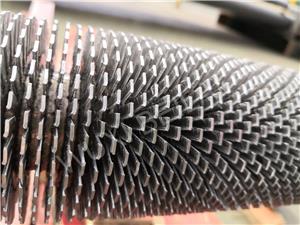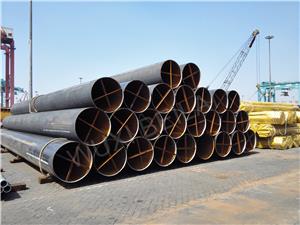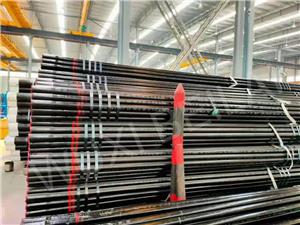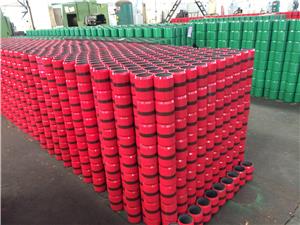Một số yếu tố chính ảnh hưởng đến hiệu suất của ống thép liền mạch
Seamless steel pipe is composed of various elements in steel, these elements in accordance with different proportions, constitute the different mechanical properties of seamless steel pipe, the number of any kind of element will directly affect the mechanical properties of seamless steel pipe. So what role do these elements play in the composition of steel? Let's take a look at the various elements that affect the performance of seamless steel pipes:
Carbon (c) : The carbon content increases, the yield point and tensile strength increase, but the plasticity and impact properties are reduced, and the excessive carbon content is easy to cause inter-granular corrosion unqualified. The boundary between steel and iron is controlled by the C content: < 2.11% is steel
Silicon (Si) : Si is a deoxidizer and desulfurizer, with high strength and hardness, which can improve the thermal processing performance of steel.
Chromium (Cr) : Chromium can significantly improve the strength, hardness and wear resistance of steel, but at the same time reduce plasticity and toughness.
Nickel (Ni) : Nickel can improve the strength of steel, but also can make the steel maintain good plasticity and toughness.
Molybdenum (Mo) : Adding molybdenum to steel can improve the mechanical properties of steel.
Titanium (Ti) : Titanium is a deoxidizer in steel. Reduces practical sensitivity and cold brittleness. Adding a certain amount of titanium to steel has the ability to resist intergranular corrosion.
Phosphorus (P) : Phosphorus is a harmful element in steel, which increases the cold brittleness of steel, deteriorates the welding performance, reduces plasticity, and deteriorates the cold bending performance. Under normal circumstances, the lower the content of phosphorus in steel, the better.
Sulfur (S) : Sulfur is a harmful element in steel, making steel hot brittle, reducing the ductility and toughness of steel, easy to cause cracks when forging, but also reduce the corrosion resistance of steel. Therefore, the sulfur content must be controlled as low as possible.
Nitrogen (N) : Nitrogen can improve the strength of steel, low temperature toughness and weldability. Increased effectiveness sensitivity. Appropriate amount of nitrogen can improve the point corrosion resistance and strength of stainless steel.




